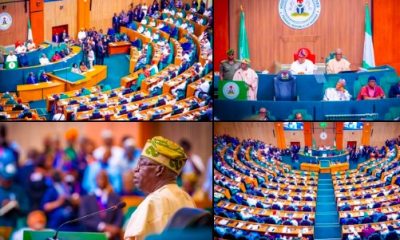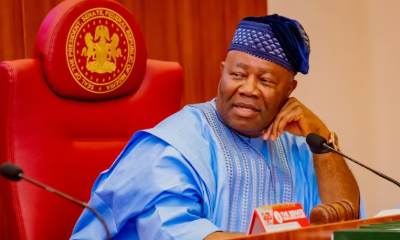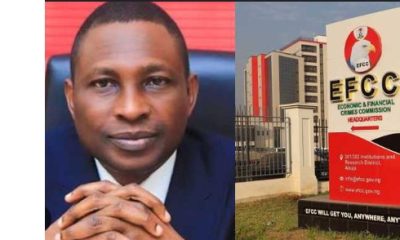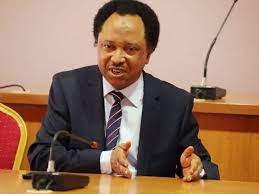By Odunewu Segun
The Communication Tax Bill, currently pending before the National Assembly has been described as a bill that could threaten the achievement of the 30 per cent broadband penetration level in the country set by the National Broadband Plan of the Federal Government in its current form.
Delivering a keynote address at a forum organised by the Lagos Chamber of Commerce and Industry (LCCI) yesterday in Lagos, Communications Technology Minister, Adebayo Shittu said the proposed bill has been criticized by experts who argued that over 60 million Nigerians would be unable to afford basic broadband connection.
He said rather than overtax an already overburdened industry, there is need for government to stimulate the economy and encourage the adoption of communication service by both the rich and poor. The minister said though the government needed money to fund projects, the expected earnings of N20 billion per month from the proposed bill may not be in the interest of the generality of the populace.
While commenting, Chairman, LCCI, Communication Law and Taxation Committee, Mr. Bimbo Atitola said the bill, if passed into law, will adversely affect the economy, adding that it could easily be challenged in court as operators will see it as double taxation and illegal since they are already paying value added tax (VAT).
ALSO SEE: Crisis brews over planned 9% communication tax
He cited the case between Lagos Inland Revenue Service (LIRS) and Eko Hotel where the court held that sales tax amounted to double taxation. He said the bill will further compromise third party
He urged the National Assembly to suspend the bill or exempt telcos as they are currently over-taxed. He also added that it was ill-timed and that if it must be passed into law, the tax should be reduced to below five per cent.
President, Association of Telecommunication Companies of Nigeria (ATCON), Mr. Olushola Teniola also called for the discontinuance of debate on the bill as it would not add any value to the economy.
According to him, telcos are currently made to pay over 15 taxes either directly or indirectly not minding the fact that they have contributed enormously to the growth of the economy. He said the perceived benefits of the tax would rode the gains, as there shall be decline in foreign direct investment because of the multiple taxation, and also lost of employment.

 Health5 days ago
Health5 days ago
 Entertainment7 days ago
Entertainment7 days ago
 Crime6 days ago
Crime6 days ago
 Education1 week ago
Education1 week ago
 Health1 week ago
Health1 week ago
 Comments and Issues6 days ago
Comments and Issues6 days ago
 Football7 days ago
Football7 days ago
 Latest6 days ago
Latest6 days ago













